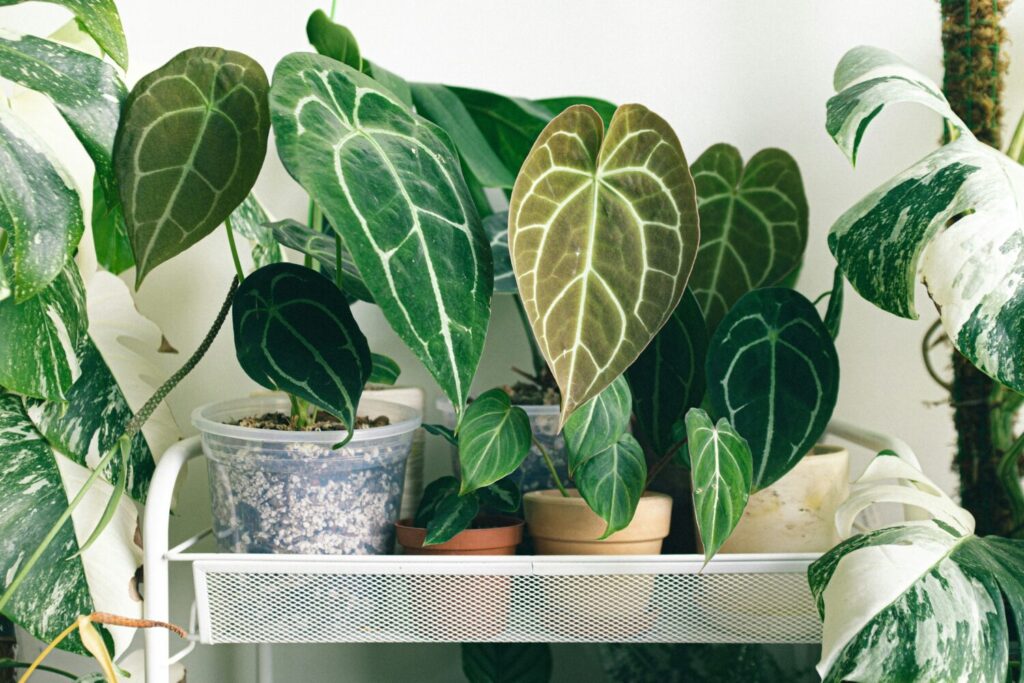
A natural selection: What’s new in natural plant care
Organic is not just a buzzword in the green industry but a booming market for both new and veteran gardeners. Indoor gardeners in particular are looking for natural plant care products that are effective, sustainable and beautiful — and align with their values.
I caught up with four natural plant care company founders to see why their products appeal to multiple generations and get their insights on what’s new in houseplant care.
Adding Life to Soil
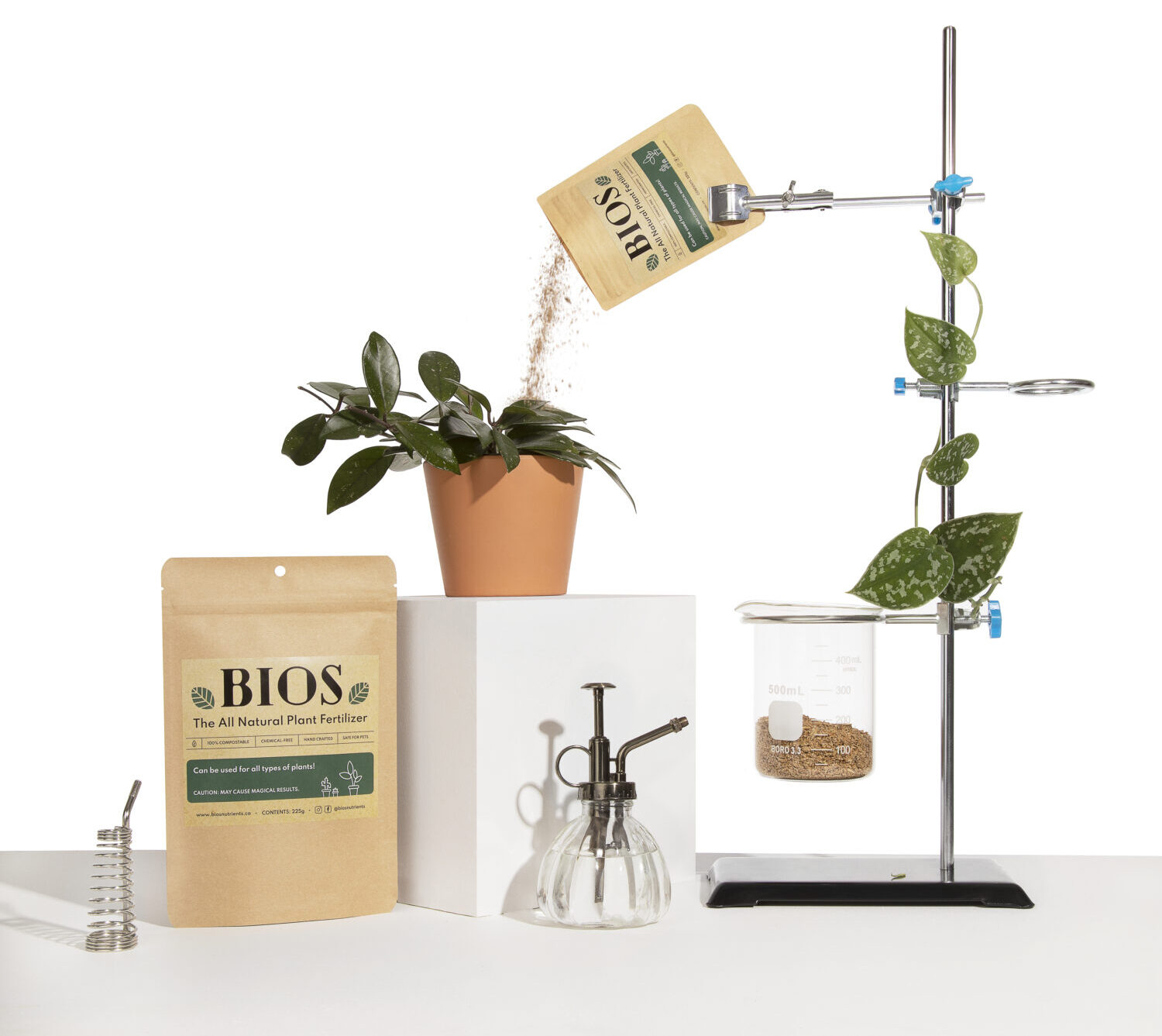
Aaron Deacon is the founder and CEO of Bios Nutrients, a natural and organic fertilizer and pesticide manufacturer that launched in January 2020.
What is the significance of the name Bios Nutrients?
We’ve always been fascinated by ancient cultures and history, so it was really important to try to bring that into our business name and allow that to be the foundation of our business. Bios comes from the Greek word “life” and to us it symbolizes the life in soil that is necessary for all plants to thrive.
How are your products different from others on the market?
When you use Bios, you just feel like you’re part of something greater — something that has the potential to make a change, plus it really works. On the technical side, our products are designed to either add life to soil in the form of microbes (bacteria and fungi) or feed them to support their health, which ultimately supports the health of your plants.
What has been the customer response?
The customer response has been amazing. When I started making and using these products myself, I knew I was seeing amazing results; our customers have validated that time and time again.
How is the next generation affecting the plant care market?
The interesting thing we’ve noticed is all generations of growers are affecting the market right now. People who have been growing plants for 40-plus years are sick of using synthetic chemicals to grow their plants or food and want to get back to natural ways, while people who are new to growing don’t even want to start using synthetics and instead want organic products that have a soul behind them and are trying to do something good. This is going to weed out companies that are just trying to make a quick buck in the industry.
What can garden centers do to sell more natural plant care products?
Be more open to new companies and display the products up front to customers. I’ve noticed a lot of garden centers are hesitant to take on new natural plant care products because, in the past, they didn’t work great and weren’t branded well. Oftentimes, the synthetic products are front-and-center for customers, while the natural products are stuffed back somewhere customers may not see them.
What’s next for Bios Nutrients?
The next step for Bios is to begin entering the outdoor gardening market and help people grow food without the use of synthetics. We’re currently developing an organic sulfur fungicide and a pesticide that will make a massive difference for organic gardeners, flower growers, etc. Many people who got into houseplants over the past few years are also moving into gardening and becoming more self-sufficient, so it seems to be a natural progression that we’re very excited to be a part of!
Closing the Loop
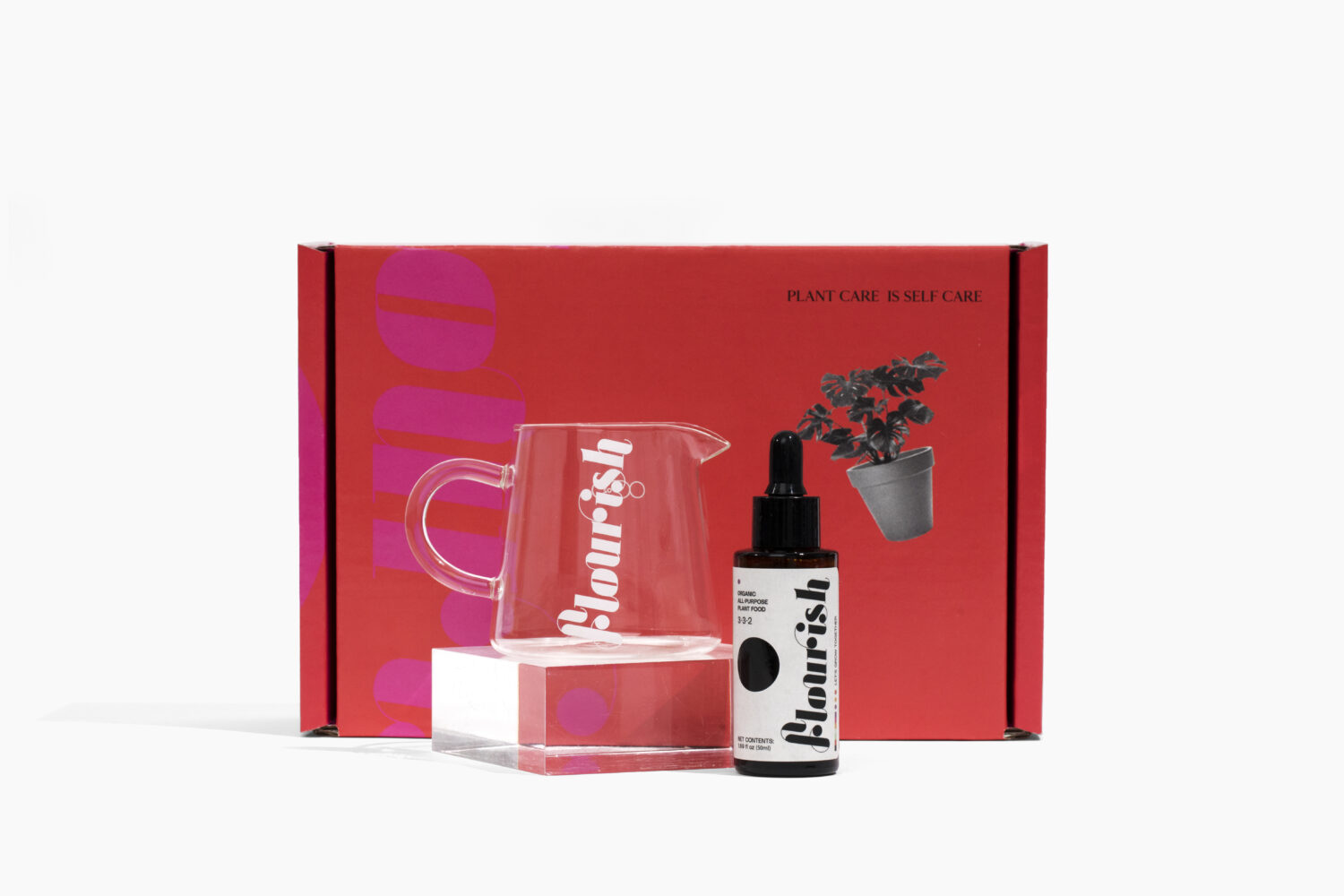
Lila Sullivan is co-founder of Flourish Plant Food, which is made with organic corn steep — a byproduct of cornmeal production — and discarded fish waste from industrial fish farming. Together, these components go through a 21-day digestion process in a solar panel-powered facility. The plant food is produced in a closed-loop system, making it an extremely clean fertilizer. Since launching in March 2022, the products are now in 150 stores nationwide.
How did the idea for Flourish Plant Food come about?
Flourish Plant Food has been in the works for years. My co-founder Kate Ferguson and I have been friends since we were children, becoming close when we competed against each other in science fairs in high school. Given our love of biology and the natural world, it was no surprise that, as young adults, we were both drawn to houseplants. When our plants started struggling, Kate asked her dad for suggestions, and he recommended trying fertilizer. However, the only fertilizers on the market were synthetic and toxic, or organic products built for outside.
What is the significance of the name Flourish Plant Food?
Flourish simply means for an organism to grow, thrive and develop, but what is unique about the word is that it takes into consideration the environment and the external factors that contribute to that ideal environment. When the company was in its infancy and mostly a dream, it signified well-being beyond just the plants that we hoped to feed, looking to show the connection between plants and people we were trying to establish. When we flourish, our plants can, too. When our space is conducive to growth, our plants grow. Flourish embodies the success of both our customers when they see their plants thriving and the plants themselves.
How are your products different from others on the market?
Flourish Plant Food is built specifically for the modern consumer; it’s made of upcycled food waste, packaged beautifully so it can be displayed on your counter, and fragranced with organic peppermint oil so it can be used in your home. Our customers also report seeing results in as little as two weeks because our product is 70% bio-available, which is also unique for an organic fertilizer.
What has been the customer response?
We have received fantastic customer feedback from both our retail partners and home users. With over a 4.5-star average review, we are thrilled that customers love using our products and see the results. Our retail partners have expressed that they love having options for their customers that they feel can support healthy plant growth, while also offering sustainability and beauty.
How is the next generation affecting the plant care market?
We built this product for the next generation of plant parents. We see this customer as comfortable with being a beginner but looking for products that are effective, sustainable and beautiful. This next-generation consumer is not willing to compromise on quality but has very high expectations for products. They are much less likely to purchase products from businesses that don’t have the same values, like some of the legacy brands in the space. There is a lot of room for disruption in plant care broadly, and we are excited to offer products that younger generations and customers feel more aligned with.
What’s next for Flourish Plant Food?
We are excited to continue to grow, offering Flourish Plant Food in more retailers and expanding our product offering to continue to support houseplant parents everywhere.
A Synergistic Approach
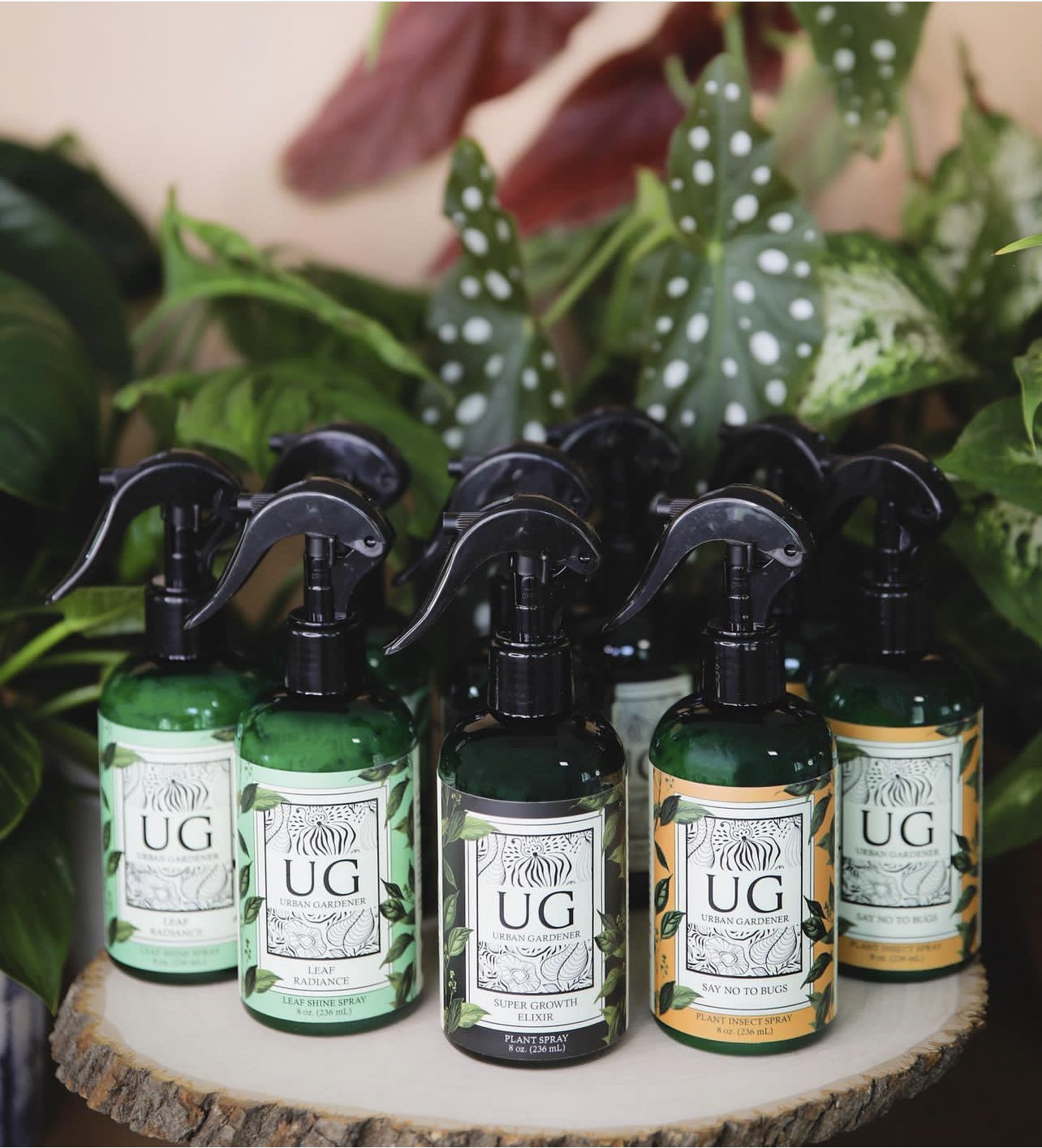
Co-founders Mason Demrow and Ryun Bibro said Urban Gardener offers all-natural plant care products with sleek packaging that can fit in an IGC or a gift shop. Their first bottles were sold in late 2021.
How did the idea for Urban Gardener come about?
Our initial vision for the brand started to grow a few months into the pandemic, when Ryun left a 20-year career in consumer products and Mason was helping with her mother’s business selling tropical cuttings and growing supplies. We started to bring a lot of plants into our home as a way to improve our space during lockdown — sometimes with limited success. As we looked to improve our chances of success with our new plants, we realized that there were not a lot of beginner-friendly options on the market that made growing plants easy. So we set out to create a line of products that would help us and other people solve the biggest problems houseplant owners had.
After 11 different formulas, extensive testing and input from some plant professionals, Urban Gardener’s Super Growth Elixir was born. We followed quickly with our leaf shine and insect treatment. Our goal at Urban Gardener is to allow anyone — with any level of skill or knowledge — to grow healthy, vibrant houseplants.
What is the significance of the name Urban Gardener?
We loved the name Urban Gardener as a way to capture the spirit of new generations of young growers who have different tastes, lifestyles and needs, as compared to previous generations. For us, it evokes an image of the modern plant enthusiast, living synergistically in their space among plants, people and pets in an urban environment.
How are your products different from others on the market?
Innovation was the key concept for this project. We wanted our products to be effective and stylish while holding our core belief that consumer products should be safe and free from harmful chemicals and harsh pesticides. All of our products are formulated with natural ingredients and are safer for families, pets and pollinators. We definitely are using some ingredients that have been longtime solutions for organic growers, but we have made some really effective tweaks based on recent research and cutting-edge organic growing techniques. We should also mention that our products are pretty good-looking and meant to feel at home in stylish decor — not hidden under the sink.
What has been the customer response?
The customer response has been pretty phenomenal. We had tested for over a year on more than 100 varieties of plants and found the products to work amazingly on all of them. We have had hundreds of good reviews, and often people will message us directly to thank us and let us know that we have changed their plant game. Our “urban gardeners” report bigger, healthier leaves, new growth and generally healthier plants.
How is the next generation affecting the plant care market?
The next generation of consumers are looking for products and experiences that are tailored to a healthier lifestyle. They are specifically looking to spend money with brands that listen to them and connect with their values, rather than just offer a low-cost solution for profit and sales. This is true across the entire consumer market, but we have noticed that indoor plant lovers are especially passionate about how they care for their plants and what ingredients they bring into their homes. We wanted to create a brand that spoke to that passion and brought an elevated experience to daily plant care.
What can garden centers do to sell more natural plant care products?
Education, outreach and positioning are all key components in elevating natural plant care solutions in garden centers; people need to be educated on the latest techniques, ingredients and products. Early on, we worked a lot with specialty and boutique plant shops. We learned a lot from their passion and their desire to work with people to help them succeed in growing, often offering different products and solutions than those found at the big-box stores.
What’s next for Urban Gardener?
We’re super excited about the response we’ve had so far and will be moving into some other areas next year. We will be providing refills for our sprays and also moving toward products that will bring our same great approach to outdoor gardens. We are very excited for the future of our brand.
Building Community Through Plants
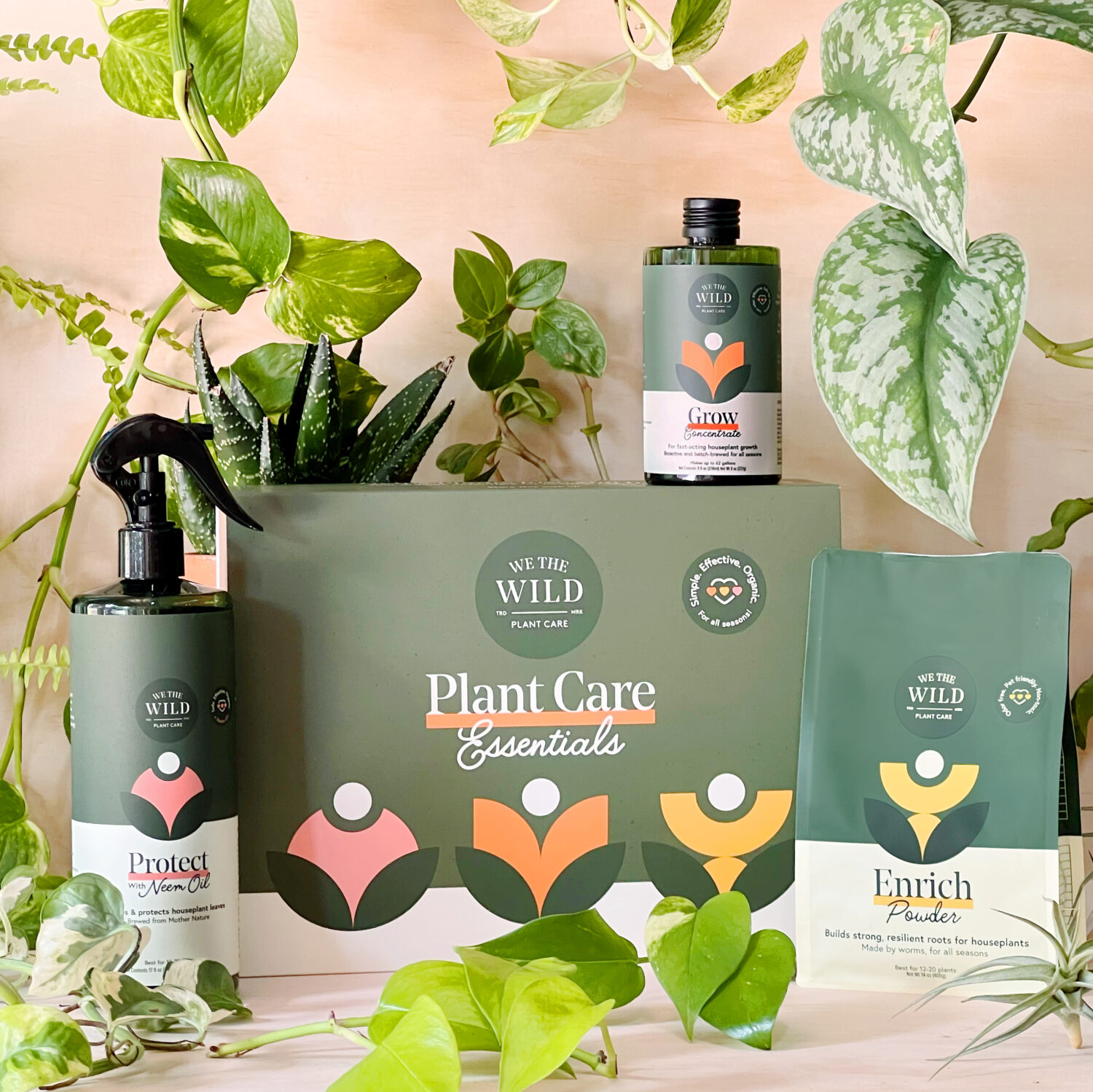
Founder and director Josh Armstrong launched We the Wild in 2019 in Australia and in the U.S. in 2022. The company offers certified organic essentials intended to make plants thrive without stress and confusion.
How did the idea for We the Wild come about?
Growing up on a farm in Australia, I thought I had plants all figured out — until I moved to a studio apartment in Central London and killed every potted plant that I tried to grow. The more I looked into it, the more I saw my friends and family having the same problem, without any idea why. One day, I was using a competitor’s product and decided to examine the ingredients. I was shocked to discover that it was 100% petroleum oil. I set about consulting global experts in organic agriculture to develop a solution that makes it easier for plants to grow by harnessing their natural function.
What is the significance of the name We the Wild?
We believe in the connective nature of plants and gardening; it connects us to ourselves, our family and our community. It was really important that the name captured this sense of inclusiveness. When we care for plants, we feel a little bit wilder, a little bit more passionate and a little bit more peaceful. The “Wild” part of We the Wild captures that emotion.
How are your products different from others on the market?
Just like humans, plants don’t just need nutrients to survive. In nature, they thrive on a complex mix of microbes, fungi, hormones, enzymes, nutrients and micronutrients. This disappears when we take them from nature and put them in a pot. When gardeners use standard products, they are simply adding synthetic nutrients that actually hinder, rather than help, their plants. We the Wild replicates the ecosystem as closely as possible, to bring plants everything they need in a way that’s simpler, organic and effective. They can be used on all plants at all times of year without the fear of burning or overdosing your plants like you can with traditional chemical-based fertilizers.
How is the next generation affecting the plant care market?
The next generation is seeking out products that are safer for use in the home around their children and pets. They’re looking for brands that foster community and are an active part of the plant care journey, as well as supporting eco-friendly brands.
What’s next for We the Wild?
We are on a mission to make it easier for budding green thumbs to grow thriving plants, so we have an exciting pipeline of new products in the R&D phase.
For an enhanced reading experience, view this article in our digital edition.


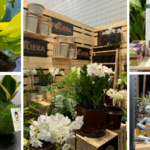
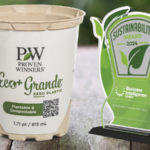
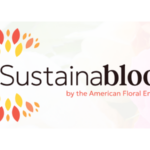

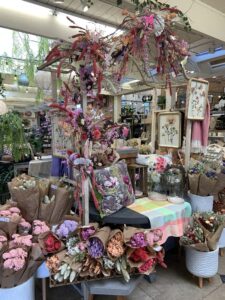
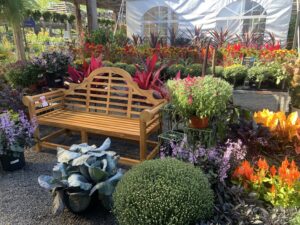
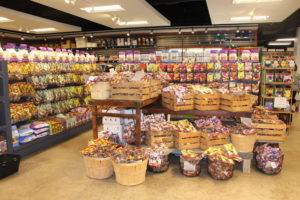
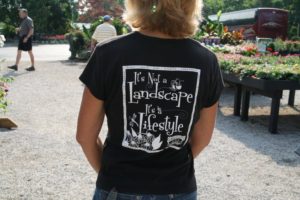

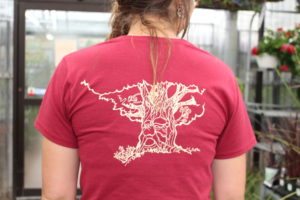
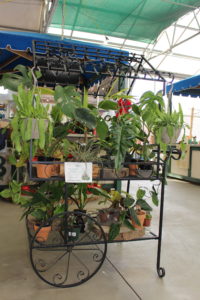
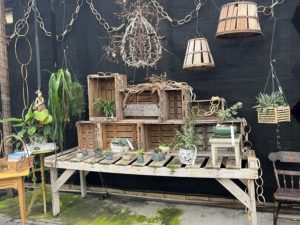
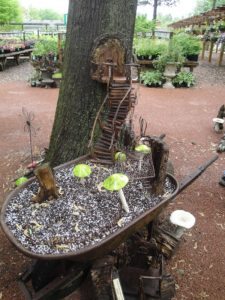
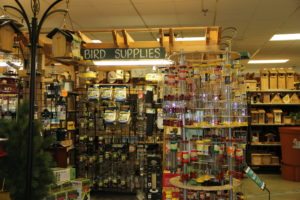

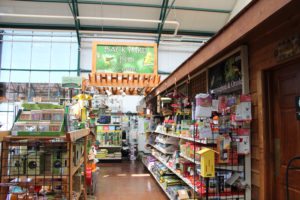
 Videos
Videos





